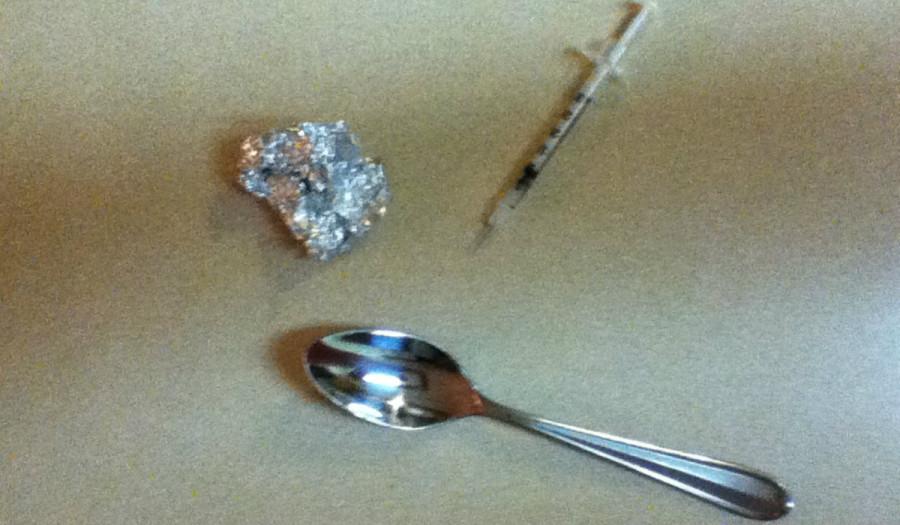Heroin. The word itself conjures up horrific images of people with terrible teeth, sunken cheeks, faces covered in pustules, and bodies pockmarked all over from using needles to inject heroin into their bodies. Friendships have been ruined and families have been torn apart by this opiate. Heroin is an extremely addictive and dangerous drug.
The use of Heroin has had a drastic effect in Joliet and the surrounding area. According to the Plainfield Patch, nearly one person died every week from a Heroin overdose in Will County in 2012. As of December 3rd,of this year, 31 people have died from Heroin in Will County.
Heroin is even effecting the Joliet West community. “We’re seeing an influx of it. It’s alarming because of how dangerous it is,” said student assistant coordinator Deb Burroughs. It’s highly likely that some students here at West are using Heroin.
Heroin has long been a major problem for teenagers. About 10% of teenagers use illegal drugs. Many of which use Heroin. According to the Foundation for a Drug-Free World, between 1995 and 2002, the number of teens who tried Heroin had increased by 300% and twelve years later, that number is still on the rise.
Once one becomes addicted, it’s hard to stop. The symptoms are horrendous. Short term symptoms include vomiting, not being able to think clearly, slow breathing, and/or death from overdose. Long term effects include depression, memory loss, Insomnia, loss of appetite, possible infertility, and death.
Many times, Heroin addicts will try to hide their addiction. They slowly withdrawal from their family and friends and become depressed. Another major effect of Heroin is HIV and AIDS caused by the sharing of needles.
To get help, you can get in touch with the addictions intern from the Will County Health Department through your counselor, dean, teachers, or Deb Burroughs where you can be assessed and given help. You can also call the Illinois drug hot line (888) 984-5653. There are numerous programs available in Joliet and Illinois that can help overcome an addiction.

